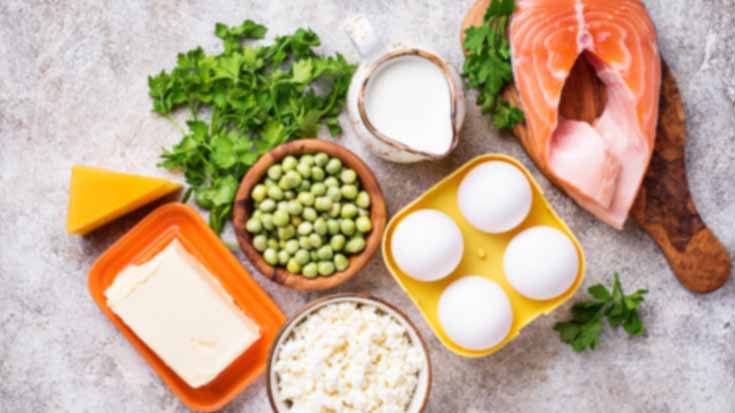Healthy food choices can help you live a longer and more active life. It’s important to avoid high-calorie foods like junk food and instead fill your diet with vegetables, fruits and a variety of other healthy options.
The foundation of a healthy eating pattern should include mostly whole foods, such as fruits, vegetables, low-fat milk and other dairy products, whole grains, nuts and seeds. Limiting added sugars and sodium is also key to health.
Health
Eating healthy food provides your body with the nutrients it needs to prevent disease, maintain a healthy weight and feel more energetic. It also helps protect against heart disease, diabetes, high blood pressure and certain cancers.
A healthy diet is one that includes a wide variety of foods from all the main groups, and contains low levels of saturated fat, salt and added sugars. It should include whole grains, lean meats, fish, nuts and seeds, dairy, fruits, vegetables and healthy fats such as olive oil and avocado. It should exclude foods and drinks that are highly processed, as these tend to be higher in salt, sugar and saturated fat and lower in fibre, Browse around this site.
Eating a wide range of nutritious foods will help keep your teeth and gums healthy too. For example, yogurt containing live cultures may help fight the bacteria that cause bad breath and plaque, while high-fiber fruits and vegetables that require lots of chewing stimulate saliva production which can reduce gum disease. In addition, eating protein-rich foods such as fish, beans and eggs may help prevent tooth decay. The right types of food can also boost your mental health, as many healthy foods contain tryptophan which is converted to serotonin in the brain. This can help reduce depression and improve mood.
Weight Loss

Eating healthy foods and avoiding unhealthy ones can help you maintain a healthy weight, which reduces your risk of heart disease, high blood pressure and diabetes. A healthy diet should replace processed food with real food whenever possible. For example, switching from a fried chicken sandwich to a grilled salmon salad makes a big difference to your health. It should also be low in added sugars and salt and contain “healthy fats” like those found in fish, olive oil or nuts.
In addition, eating more fruits and vegetables, whole grains, and dairy products is important for overall health. These foods provide vitamins, minerals and a source of protein. They also help keep you full.
It is important to limit foods that are high in added sugars, saturated fat and sodium. These foods include foods such as cakes, biscuits and takeaway meals, although these should be eaten only occasionally and in small amounts. It is also recommended to drink water and other calorie-free beverages, rather than high-calorie drinks such as sodas. It is also recommended to stock your kitchen with diet-friendly foods to make it easier for you to choose healthful options when planning meals and snacks. This will also prevent you from making unnecessary and impulsive choices.
Energy
A healthy diet provides the body with the energy it needs to function well. The amount of energy your body needs depends on age, growth and daily activity levels. ENERGY IN consists of the kilojoules you consume from foods and drinks, including fat, carbohydrates and protein. ENERGY OUT consists of the kilojoules your body burns through activities, like breathing, digestion and movement.
Avoid foods that are high in saturated fat, added salt and/or sugar, which can increase your risk of overweight and chronic diseases. They include takeaway foods, cakes and biscuits, soft drinks, and many ‘low-fat’ ice creams and yogurts.
Choose ‘whole grain’ foods over refined (white) bread and pasta, which provide more fibre, B vitamins and iron. They also slow down the release of energy, which helps you feel full and satisfied for longer.
Conclusion:
Protein foods are another good source of energy and include meat, fish, tofu, fortified soy beverage, eggs, dairy, nuts/seeds, and yoghurt. Protein foods provide the building blocks for the muscles and most of the tissues in our bodies.


